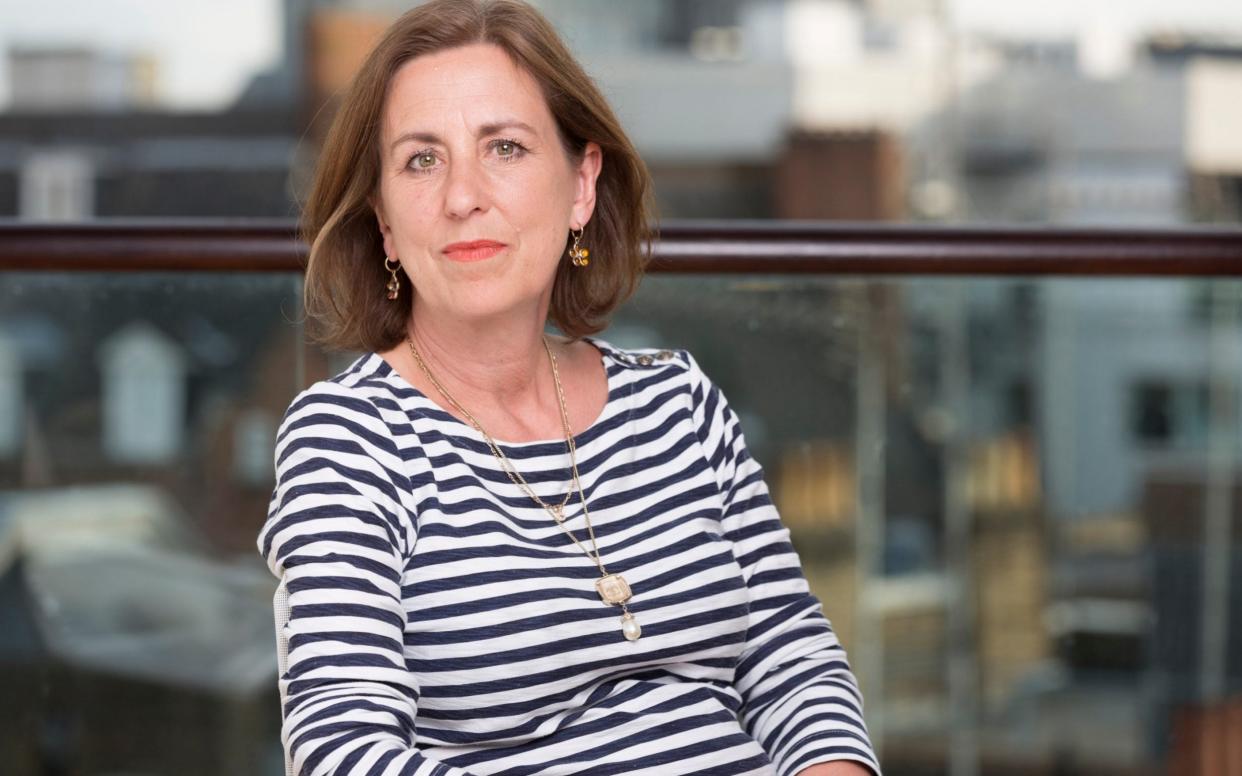Kirsty Wark: Cancel culture leads to mob mentality

Cancel culture is "dangerous" and has led to a "mob mentality", Kirsty Wark has said, as she implored people to "engage" with JK Rowling.
The Newsnight presenter was referring to the controversy over the Harry Potter author's comments about transgender people, which led to her being maligned by thousands on social media, and ultimately caused the young cast of the films to distance themselves from her.
Ms Rowling was denounced as “anti-trans” over her defence of single-sex spaces and her comments about gender identity, and faced a backlash after taking issue with an article that referred to “people who menstruate” rather than “women”.
This ignited a row over whether people should be "cancelled" from public life because of making controversial statements.
Since speaking up about gender identity theory, I’ve received thousands of emails – more than I’ve ever had on a single subject. Many have come from professionals working in medicine, education and social work. All are concerned about the effects on vulnerable young people. 3/4
— J.K. Rowling (@jk_rowling) July 25, 2020
"I think there is a real issue about cancelling people," The BBC presenter told The Sunday Times. "It's a really, really worrying aspect of our society, because what it does, it encourages a kind of mob mentality, which is completely fed by the internet and which can become incredibly dangerous.
"People who have neither been charged nor convicted of anything are found guilty in the court of public opinion. Once we start going down that road, where do we stop?"
She argued that her journalism background had caused her to instead want to listen to the views of others and engage with them, and said she found the idea of sending those with different views to "a kind of leper island" appalling.
Ms Wark explained: "It's really difficult as a journalist to say that people should be cancelled for ever, because you have to engage in order to understand. It's really important that you actually air the argument."
However, she said she understands why young people use Twitter to criticise famous people with views they do not like.
"If you were a young person who's feeling really insecure, and you had no money to make your voice heard, well, maybe it was about the fact that she has a voice and you feel you don't have a voice. Maybe you'd feel she had the privilege of a voice," the presenter added.
The presenter also spoke for the first time about the notorious monologue by her colleague Emily Maitlis, in which she took aim at Dominic Cummings for travelling to Durham and Barnard Castle during the coronavirus lockdown.
While government critics argued Ms Maitlis was correct, as the political advisor was accused by a local police force of a 'breach', the BBC found her to have breached impartiality rules.
Ms Wark appeared to defend her colleague, and said: "All I will say is we're not a news programme. We can be a bit pokey and diggy."

 Yahoo News
Yahoo News 
